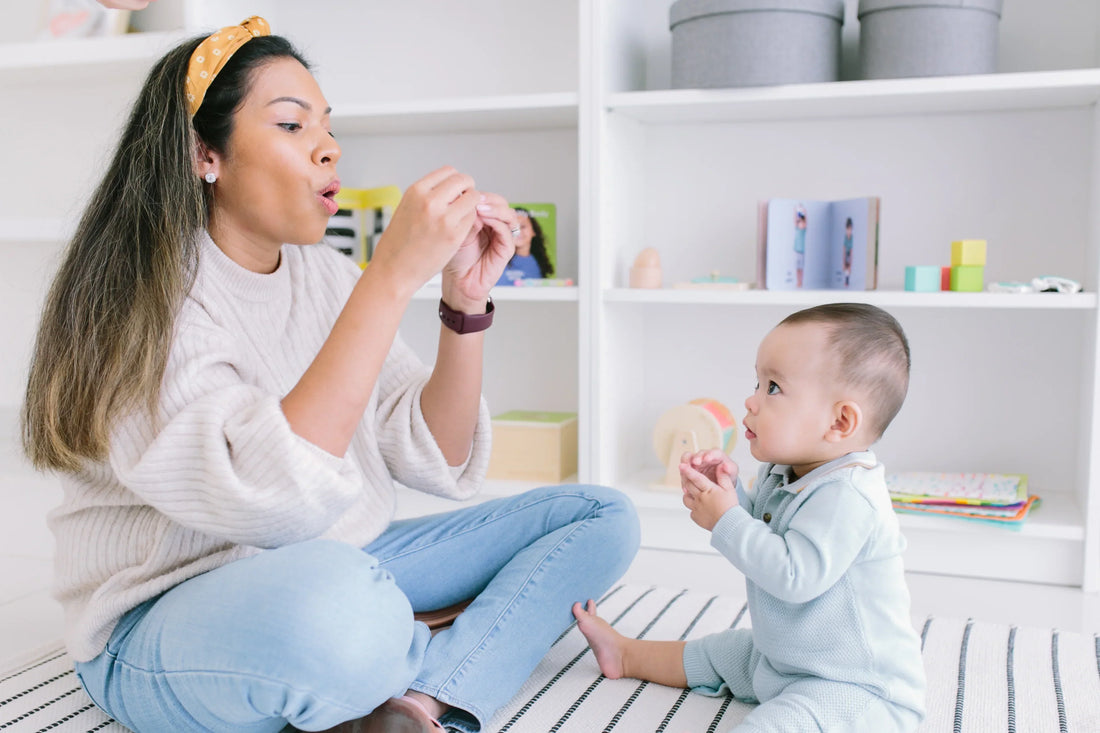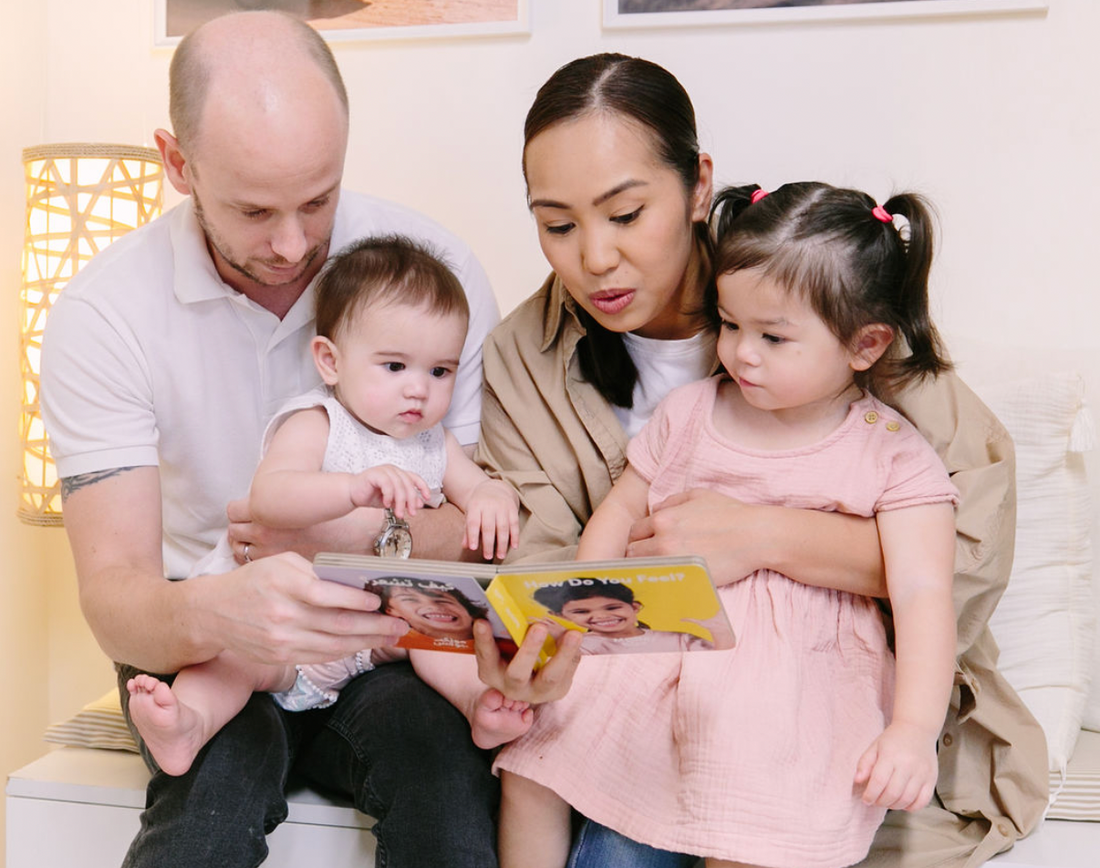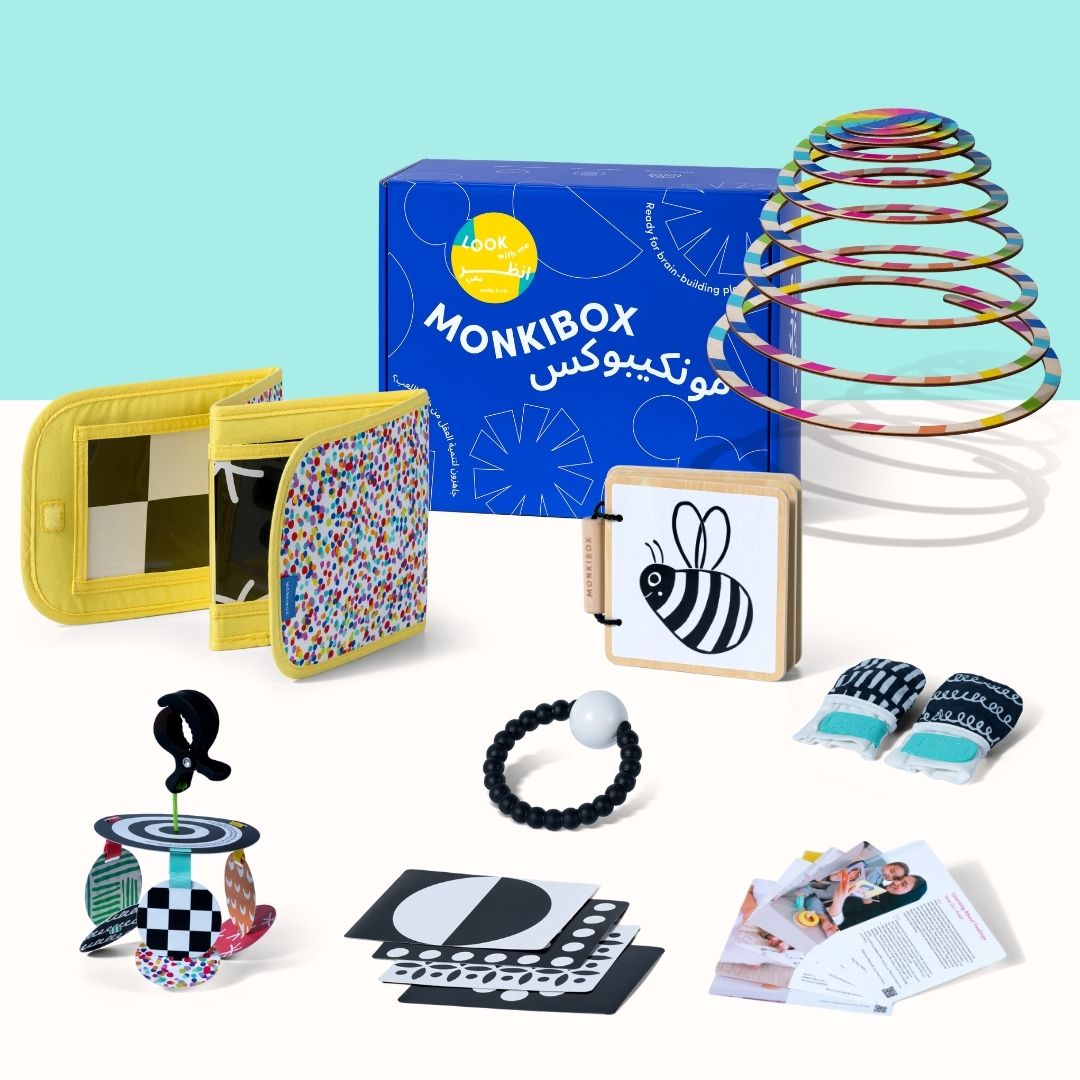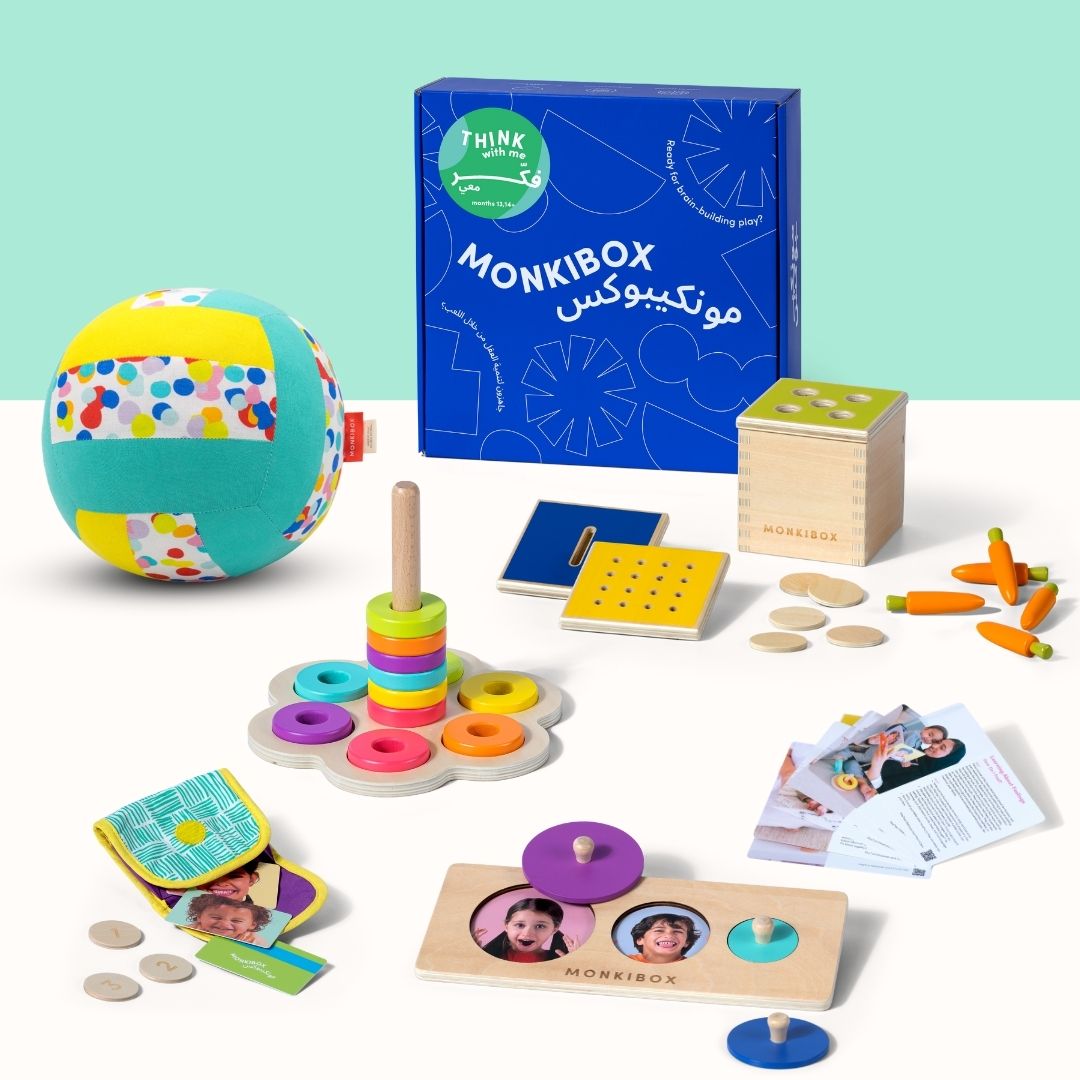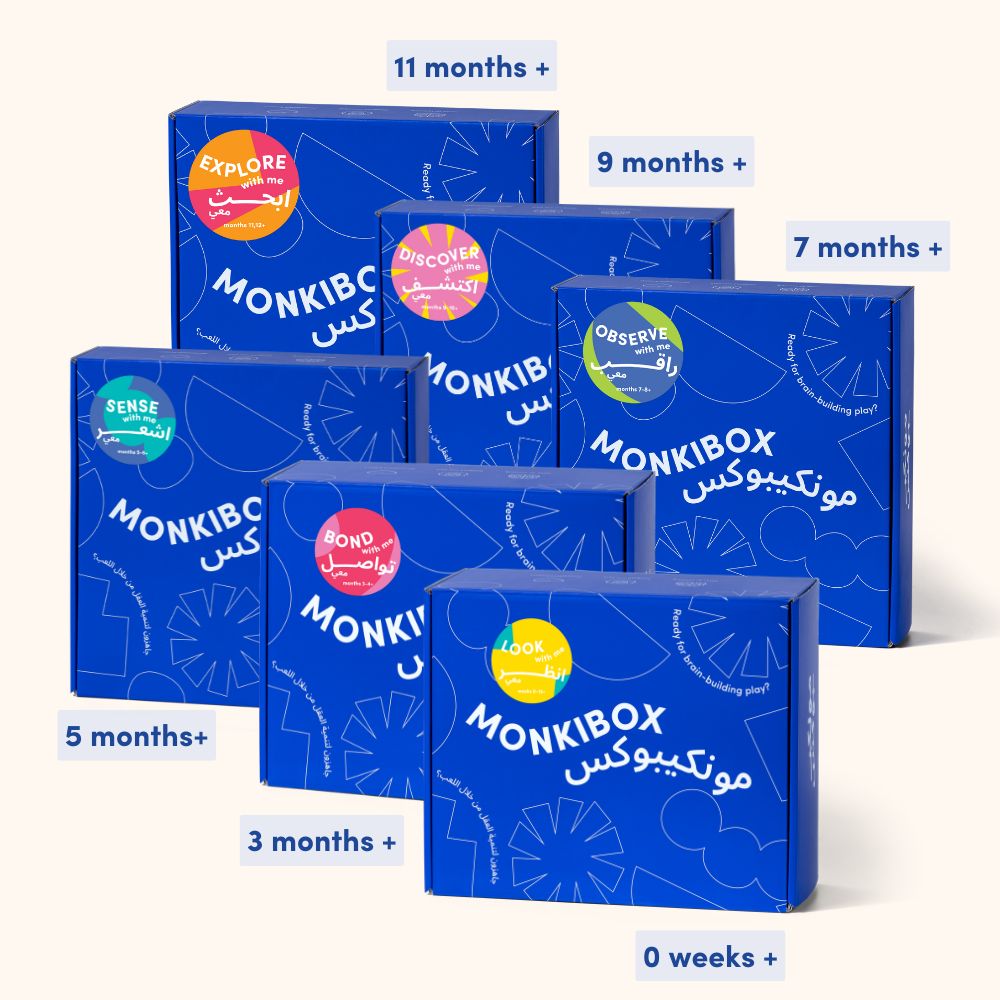Parenting with Me
Week 47: How to Help Your Child Learn to Walk
Ready? Set! Go! Your baby's first steps are one of the most anticipated milestones. Walking—first with support, then independently—is typically achieved between 9 and 18 months. While some babies walk earlier, others take a bit more time. That’s perfectly normal. If your child hasn’t started walking yet, here are ways to gently and effectively support their journey. Fun and Effective Ways to Encourage Walking: - Cruising Practice: Arrange sturdy furniture in a line and encourage your baby to walk while holding onto it. - Balance Activities: Tape colorful strips to the wall and invite your child to peel them off while standing. This encourages longer unsupported standing. - Strength Training: Try games like squatting to pick up toys and tossing them into a basket. These motions build strong leg muscles. - Push Play: Fill a basket with heavy toys or use a sturdy stroller that they can push around the house. Important Note on Baby Walkers: According to Harvard Medical School, baby walkers can delay the development of essential balance muscles and increase the risk of injury. Pediatricians recommend supervised floor time or stationary activity centers instead. Interactive Play Ideas: - Sit opposite a family member and encourage your baby to walk back and forth between you. - Make walking fun! Chase your baby on all fours, making playful sounds to build excitement and motivation. Is Your Baby 1 Year Old and Still Not Walking? Don’t worry, just yet. While many babies walk around 12 months, it's completely normal to start as late as 15–18 months. Genetics, personality, premature birth, or physical conditions like low muscle tone can all play a role. When to Consult a Pediatrician: - Not pulling up to stand by 12 months - Not cruising by 15 months - No attempt at independent steps by 18 months Natural Remedies and Supportive Strategies: - Barefoot Time: Letting your baby walk barefoot strengthens foot muscles and enhances balance through better sensory feedback. - Squat Games: Picking up objects from the floor builds leg strength. - Push Toys: Weighted carts offer safe support for early walkers. - Massage & Nutrition: Gentle leg and foot massages promote circulation. Ensure a diet rich in calcium, vitamin D, and protein to naturally support muscle and bone development. Helping Your Baby Find Their Own Pace: Every baby develops differently. Learning to walk requires strength, coordination, and confidence. Avoid pressure, provide encouragement, and celebrate every small step. Before you know it, your little one will be running around! Start the development journey with MonkiBox. Our Montessori-inspired toys are thoughtfully designed to support every step of your baby’s growth.
Why your Baby Should be Playing with Blocks
Blocks are magical toys you can expect to keep in the playroom for a long time. Here are seven reasons why early exposure is valuable.
Benefits of Setting Up an Obstacle Course and How to Do It
Encouraging your baby to move and explore is precisely what he craves right now. Learn why we love setting up obstacle courses for babies and how to make your own.
The Developmental Importance and Stages of Playing With Blocks
Playing with blocks offers so much in terms of physical and cognitive development. Learn why block play is so important and the stages you can expect from your baby.
Baby Sign Language – Why and When to Start
Teaching your baby sign language can be very rewarding for you both. Learn why we love it and how you can start today.
Your Baby’s First Library: A Stage-by-Stage Guide to Building a Love for Books
Not all books are created equal when it comes to reading with your baby. Read on to learn our general ages & stages guidelines.
How to Help Your Baby Develop Focus with the Montessori Egg & Cup
Teaching your baby to focus can lead to longer individual playtime. Here are four more ways playtime can support the development of focus.
The How, What, When of Toy Rotation: Our Most FAQs
Toy rotation can make your playspace look and feel brand new. Read some FAQ’s to help you get started.
Creative Ways to Play with a Blankie
There are so many fun and creative ways to play with a blanket, but here are our favourites.





